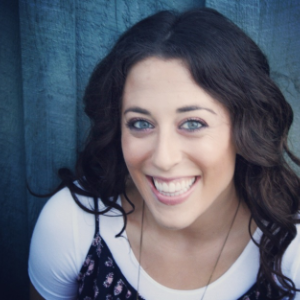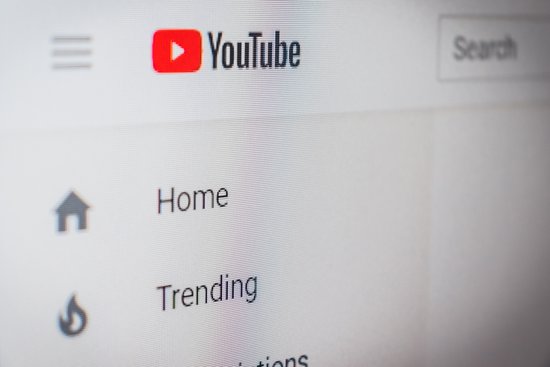04
Nov 2019
YouTube and Anti-Semitism
As most of my nearest and dearest know, I am an avid YouTuber. In recent months, I have relied on YouTube to teach me a variety of complex needlepoint stitches, to replace a lost manual for a kitchen gadget, to verse myself in beginner’s guitar and to dive down a rabbit hole of TED Talks.
Unfortunately, YouTube is also a trusted home of anti-Semitic content. Fringe evangelical preacher firebrands on YouTube have become an especially powerful force in the news diet of some evangelical Christians. Eschewing “fake news” sources and relying, instead, on churches and online pastors, evangelical Christians across the country are becoming more exposed to anti-Jewish conspiracy theories and anti-Semitic beliefs. As these insidious ideas make their way into the hearts and minds of American society, I wonder about the effects of misrepresentation and bias formation on the rising generation of American children.
Jewish educators and parents raise young Jewish learners to be proud of their heritage, yet, one day, they will confront a world that bears negative preconceived notions about the very thing we taught them to hold dear. I wonder what will happen when our children meet their evangelical peers whose sensibilities may be a product of this recent anti-Semitic turn on YouTube. Will Gen Z Jews crusade towards the dismantling of those biases? Will they turn away from tensions in anger, exhaustion or fear? Will they feel shame? Or perhaps resentment?
One thing I have discovered in planning this year’s Jewish Futures Conference for The Jewish Education Project is that there are plenty of non-Jewish clergy who are our friends and neighbors. The question is: how do we amplify their messages in order to protect Jewish life and make the world a more hopeful, loving place?
These non-Jewish clergy come to our defense and work across lines of faith and race to engender more love and understanding in this hateful time. One such friend is Reverend Liddy Barlow, Executive Minister of Christian Associates of Southwest Pennsylvania, who, together with Rabbi Ron Symons, Senior Director of Jewish Life at the JCC of Greater Pittsburgh, works to uproot negative stereotypes and encourage interfaith cooperation. Rev. Barlow and Rabbi Symons began their work prior to the massacre at Tree of Life*Or L’Simcha Congregation in Pittsburgh, but acknowledge that, in the wake of Pittsburgh’s tragedy, their mission has become ever more vital.
I can’t help thinking that, in a world increasingly fixated on digital screens and the proliferation of content for content’s sake, we are duty-bound to search for things that are more deeply human. To find pure and honest voices, like Reverend Barlow’s and Rabbi Symons’, and raise them above the digital din. To encourage Jewish youth to occasionally abandon their lives online in favor of facing one another in real life. And, when they do, to help them navigate the points of fissure they’ll inevitably encounter between their worldview and others’.
I don’t quite know how or the extent to which we should attempt to redirect some of the uglier trends and habits that have emerged in our digital world. All I know is that it is the job of educators to pay attention to the tides and find soft and nurturing places for our young learners to land.


Photo by Christian Wiediger on Unsplash.
Get To Know The Author
Wexner Graduate Fellow Alum Malka Fleischmann (Class 25) is the Director of Knowledge and Ideas for The Jewish Education Project, a lead organizer of the 2019 Jewish Futures Conference and the author of The Thought Experiment newsletter.
Other posts by this author ›

